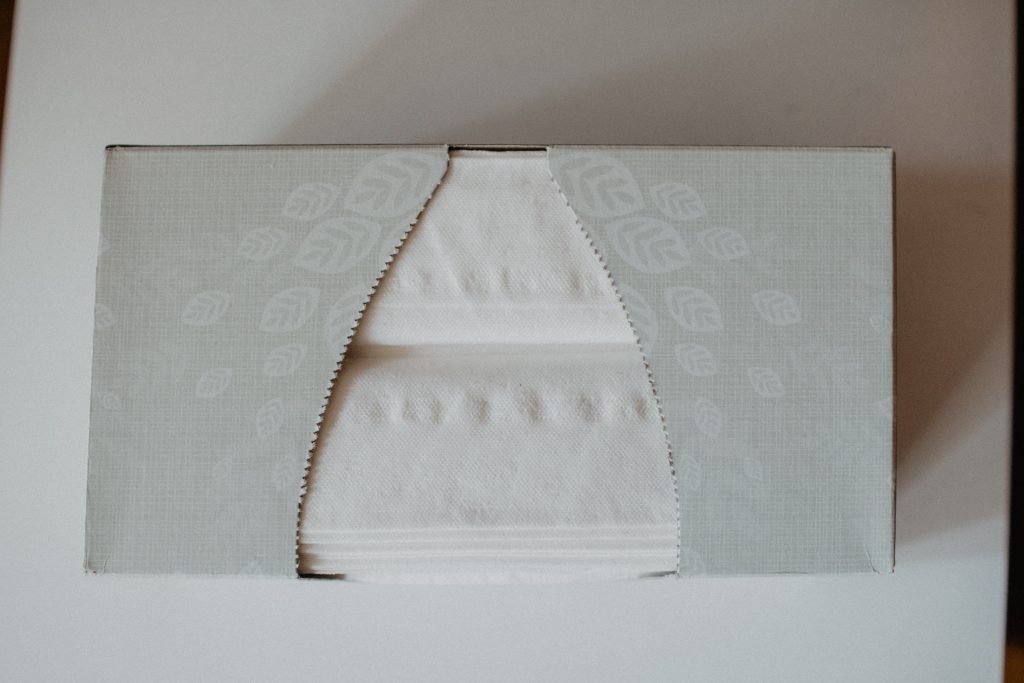Nosebleeds in the elderly

Your elderly loved one is bleeding from the nose and you are worried.
What could be the issue? Why are they experiencing nosebleeds so much?
Nosebleeds in the elderly can happen for the following reasons.
- Dry weather that dries up the nostrils
- Sinus infection
- Aspirin use (if your loved one takes aspirin as part of their medication regimen)
- Blood thinners
- A foreign body in the nose
- Allergies
- Even nasal sprays that treat allergies can also cause nosebleeds
Most of these are not a cause for alarm. And usually, you can resolve a nosebleed by getting rid of the precipitating event.
For most older adults, an occasional nosebleed may be nothing to worry about.
But regular nosebleeds for an older loved one could point to more serious issues like a severely injured nose (due to a fall or another type of accident), coagulation disorders, heart problems, arterial hypertension and some types of cancers.
To stop a nosebleed:
- Get your loved one to sit down and lean forward.
- Pinch the soft part of their nose (or direct them) just above the nostrils and hold it for 10 to 15 minutes.
- You can also place an ice pack wrapped in a towel (or frozen vegetables) over the bridge of their nose.
If a nosebleed lasts for longer than 20 minutes, you should seek immediate medical attention.
Nosebleeds in the elderly – what you can do as a caregiver
Like I mentioned before, you can treat occasional nosebleeds by treating what caused it. Here are steps caregivers can take to treat nosebleeds.
- Make sure your loved one is well-hydrated especially during colder and dryer months. Around winter time, the weather is colder and the air is dry. People tend to have more nosebleeds at this time. Making sure your loved one is hydrated will keep their lips and nose hydrated and prevent bleeding.
- A sinus infection should be treated with the right medications to make sure it does not cause other problems. See a doctor about proper treatment.
- If your loved one is on aspirin or blood thinners, find out from your loved ones’ doctor what they would recommend to prevent and stop the bleeding.
- Minimize the probability of falls around the home to prevent injuries.
Beyond these, it is always to watch out for other changes that have accompanied the nosebleeds.
This will give you clues as to the actions you should take and when it is time to see a medical professional.
